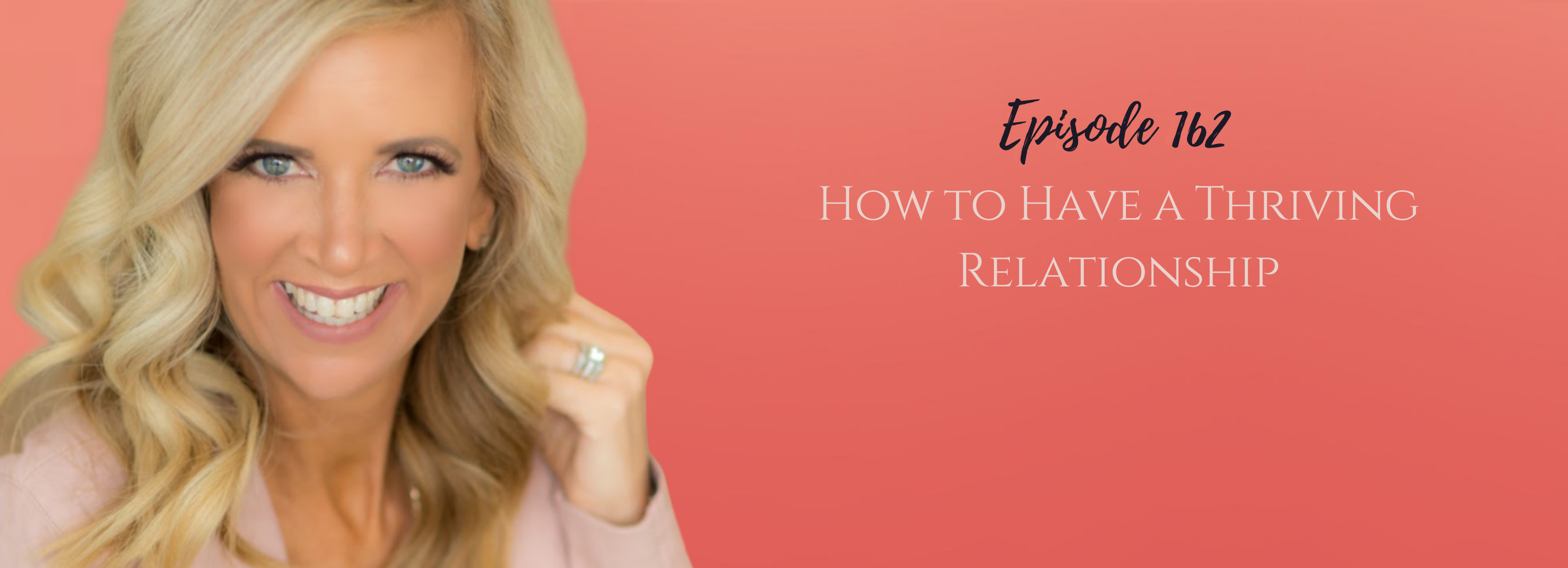
How to have a thriving relationship? with Dr. Michael and Dr. Barbara Grossman| 05.25.2022
In this episode, Kristen talks with Dr. Michael and Dr. Barbara Grossman about making relationships thrive and the secrets to having a lasting romantic partnership.
You'll Learn
- How romantic relationships can thrive
- Different barriers to long-lasting love
- Tips to increase longevity
- Secrets to a fulfilling relationship.
Resources
For counseling services near Indianapolis, IN, visit www.pathwaystohealingcounseling.com.
Subscribe and Get a free 5-day journal at www.kristendboice.com/freeresources to begin closing the chapter on what doesn’t serve you and open the door to the real you.
Subscribe to the Close the Chapter YouTube Channel
This information is being provided to you for educational and informational purposes only. It is being provided to you to educate you about ideas on stress management and as a self-help tool for your own use. It is not psychotherapy/counseling in any form.
[fusebox_transcript]